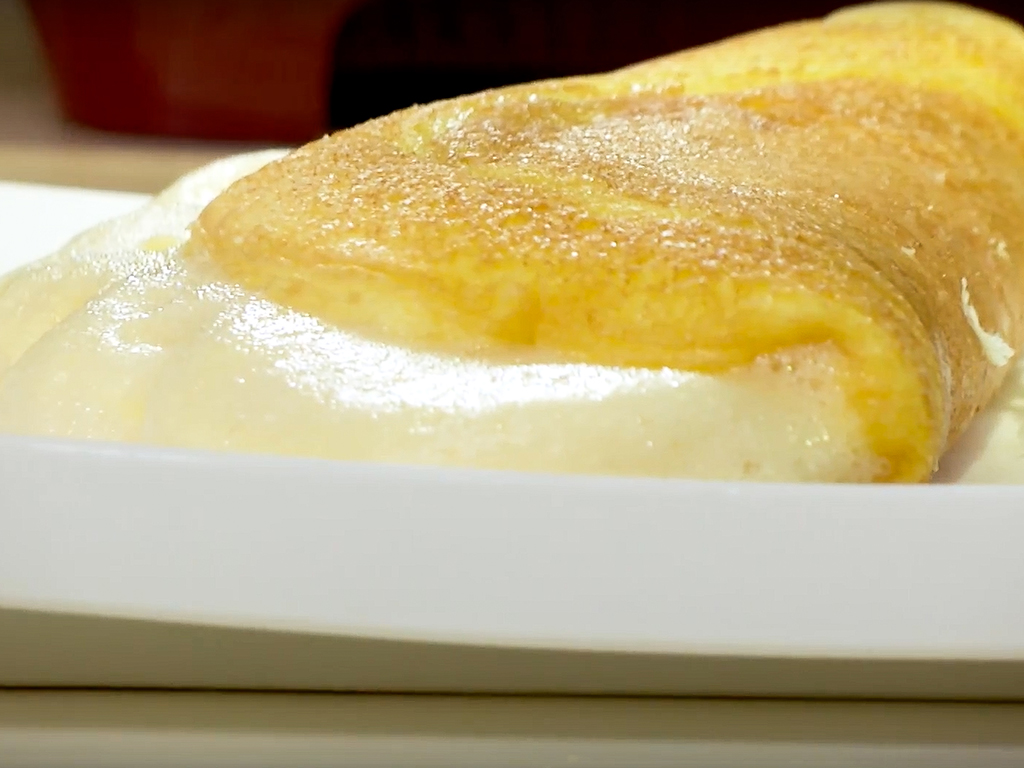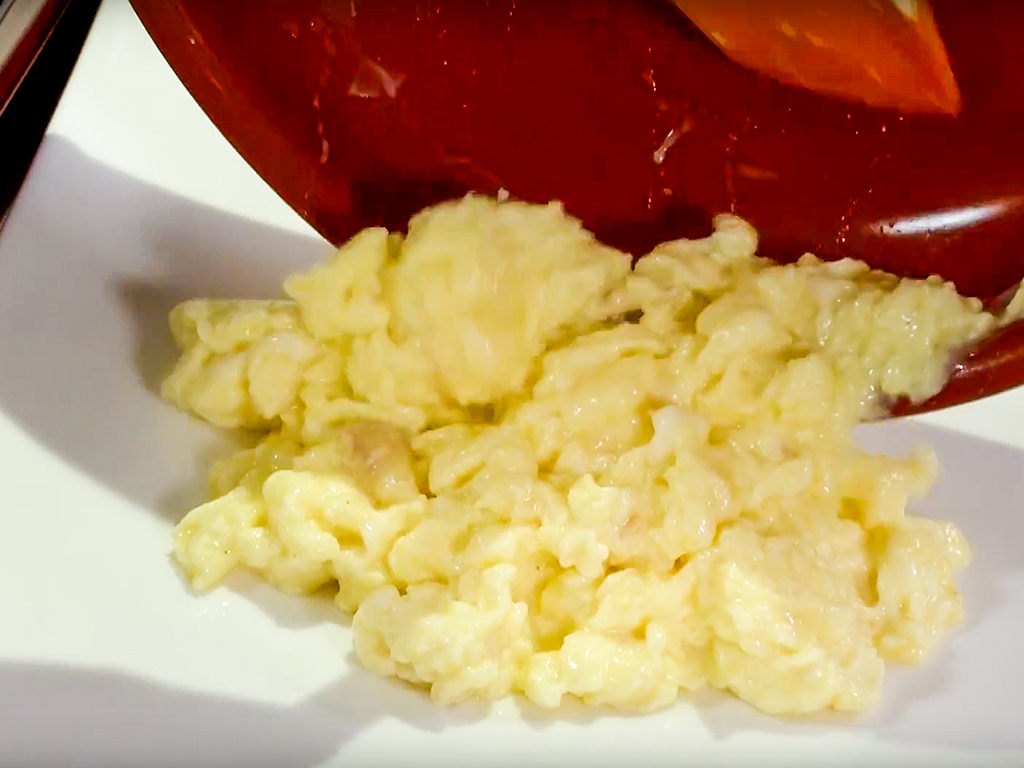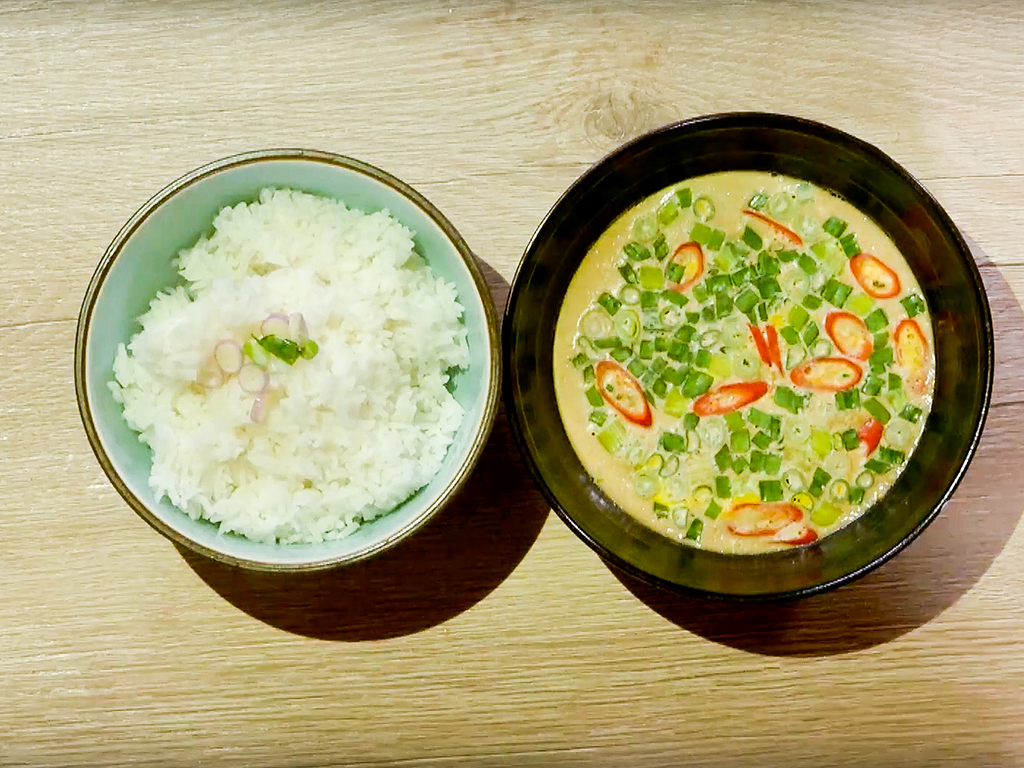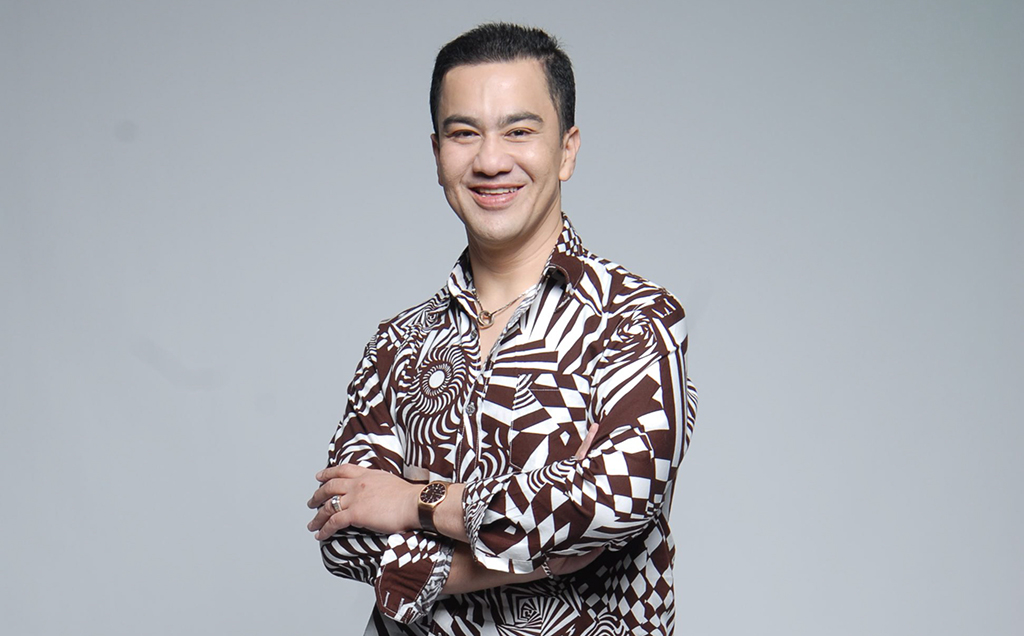
Zamzani Abdul Wahab, or Chef Zam as he is more popularly known as, is undoubtedly one of Malaysia’s most recognized and respected celebrity chefs. Despite his prolific career as an educator and Chef for more than twenty years, this Professor’s career path began quite by accident.
“I didn’t do quite well in school. I was very playful and I didn’t like school that much because I was bullied.” Chef Zam had to sit twice for his SPM examinations as he failed mathematics the first time around. “During my time, if you failed mathematics, you couldn’t go to any local universities or colleges, so I had to retake my SPM.”
After passing his SPM the second time around, Chef Zam applied to further his studies in UITM. “The only two courses that I was eligible to apply for was a Diploma in Secretarial Science or a Diploma in Chef Training. At the time, I was already exposed to the chef and hotel life because when I was 16, I used to go to Pantai Primula Hotel in Kuala Terengganu every day as my friend had a hair salon there. I would see the chefs rolling out the food trolleys and setting up for events and functions. I had no other ideas and that was the only thing I was familiar with, so I applied to enroll into UITM and I got accepted.”
Not what he was expecting
Chef Zam laughs at his naivety as a fresh student. “Nobody explained to me what a Diploma in Chef Training was all about. My assumption was, upon graduating, I would be an Executive Chef. I didn’t know any better.”
He remembers his first class clearly. “I had to stand for six hours and it was really killing me. I hated it, it was very tiring.” Chef Zam also did not enjoy some of the tasks he was given. “Geli alsolah to filet the fish. Chicken I had no problem with, but I never liked to filet fish, but tutup matalah. I did what I had to do.”
Nobody explained to me what a Diploma in Chef Training was all about. My assumption was, upon graduating, I would be an Executive Chef. I didn’t know any better.
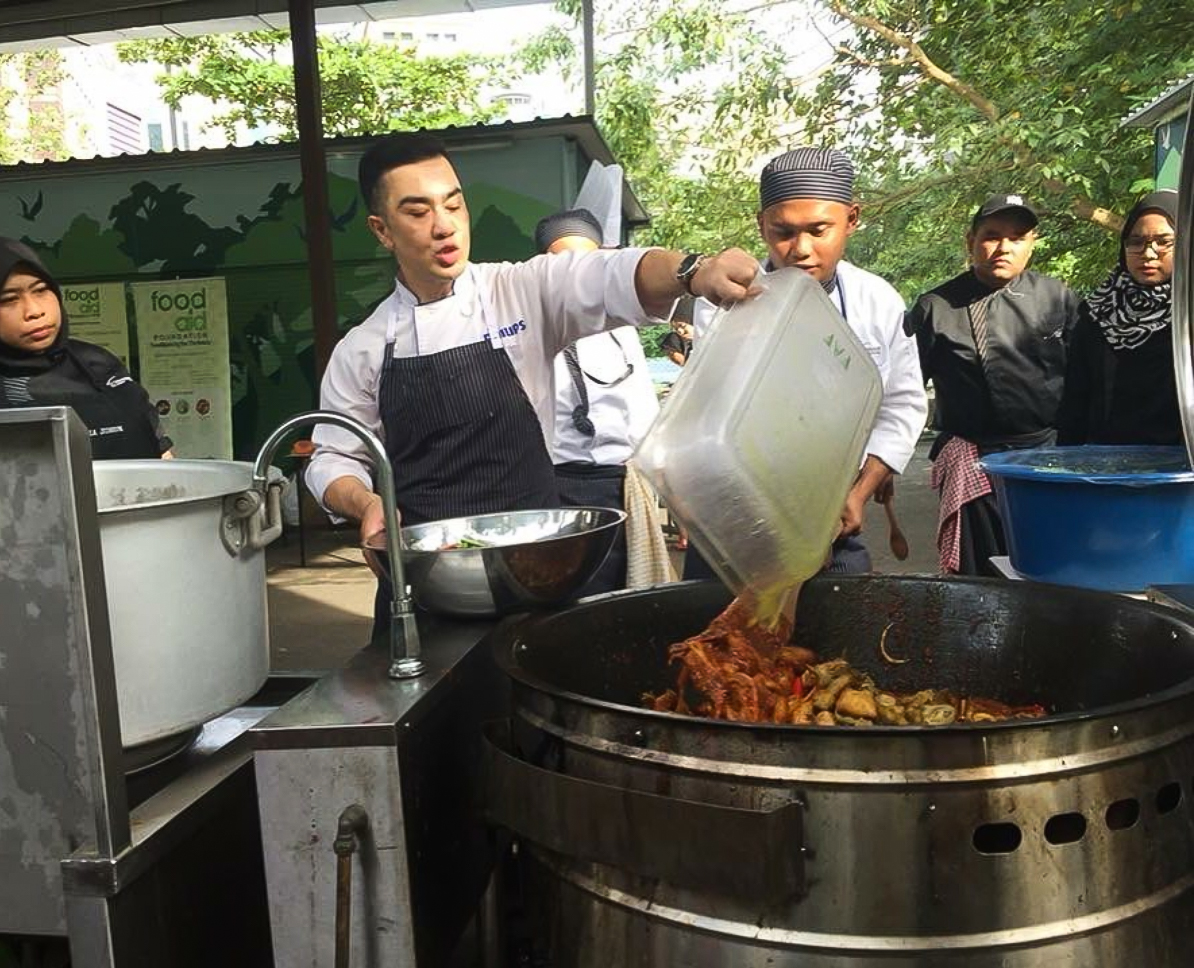
He knew he wasn’t the brightest student in class, so when the young Zam scored well in Fundamentals of Food during his very first semester, outdoing even the best student in his class, he was surprised, to say the least. “I showed my test paper to some of the other lecturers and they told me, ‘Eh, you can study lah.’” It was the first time it occurred to Chef Zam that this was something he could be good at. “That really opened my eyes. From then on, I soared. I didn’t miss any classes, even when I was given an MC for being sick. I would still struggle to go for classes because I didn’t want to miss anything.”
Industrial placement
Despite doing well during the first semester, things were not all rosy for Chef Zam. After one semester, he was sent out for his first industrial placement. “My first training outlet was at KL Hilton on Jalan Sultan Ismail. On the first day, the HR Manager took us around and then placed us in our respective outlets. I got Muslim Kitchen, with the lantai basah and uniform ketat, and my shoes were ketat. We didn’t have kitchen clogs, so I wore what I had.”
One of his first tasks was to slice sotong rendam. “Coming from Terengganu, I’d never seen that kind of sotong, we only ate fresh sotong. ‘What is this?’ I asked them, and they said, ‘Sotonglah’. ‘Sotong so big ah? Why so liat ah?’ I had to potong it for sambal tumis, and as it was a five-star hotel, I had to potong kilos and kilos and kilos. They gave me a cleaver, and your hand would hurt after a few kilos.”
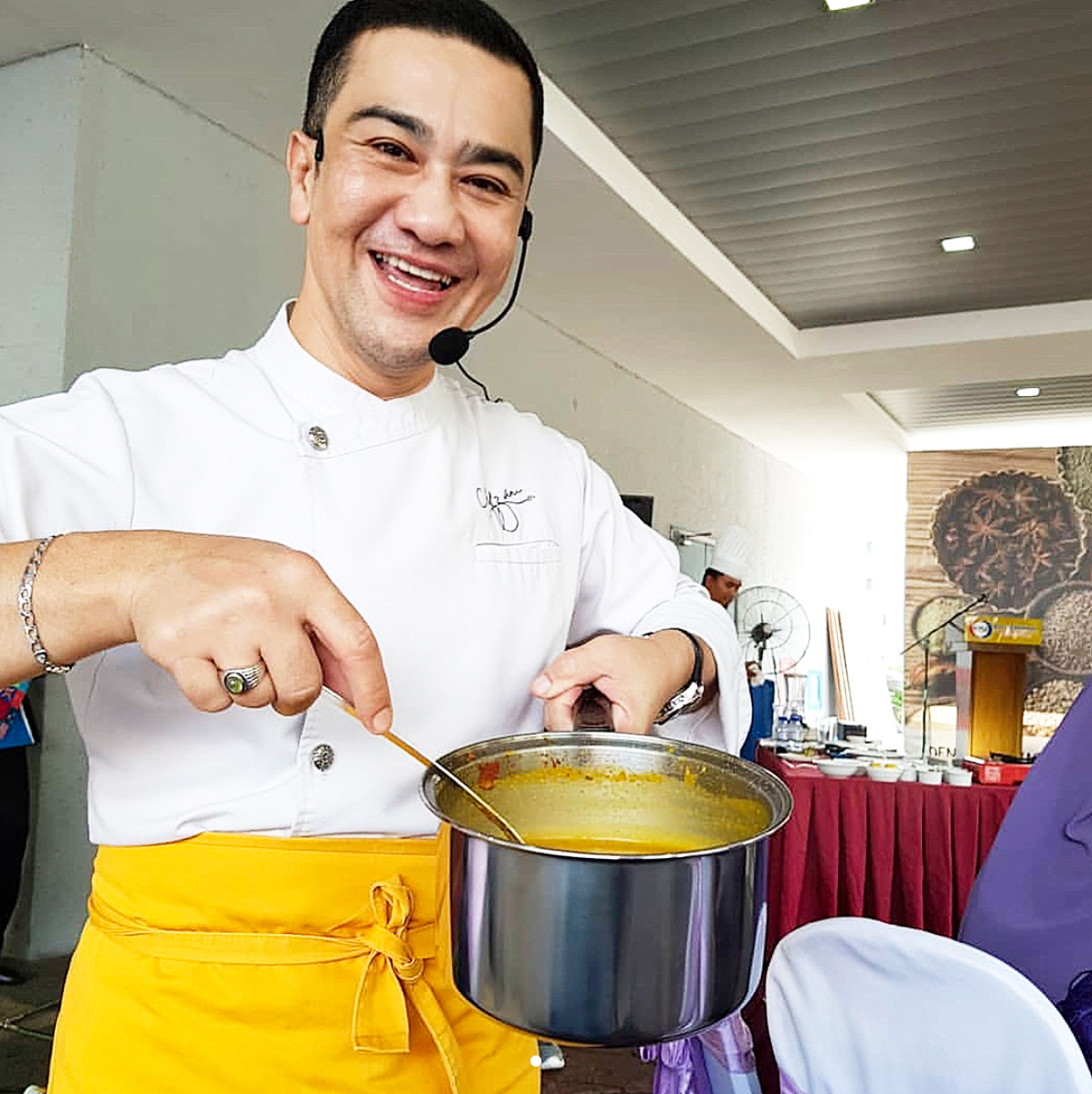
They gave me a cleaver, and your hand would hurt after a few kilos.
Chef Zam also had the classic experience of having to peel onions. “We had to peel bags and bags of onions. I couldn’t stand, so I took a periuk to sit on and peeled them. After awhile I got the hang of it, and became really engrossed. Macam Melayu kata, dah ralik.
“But I did not complain, I did it. I was lucky because most of the Chefs in Muslim Kitchen were seniors in their late 30s and 40s, and they treated me like their son. They let me cook, and they ajar I. I remember them, Kak Nisah, Abang Wahab, they really had the patience to teach me.”
But I did not complain, I did it.
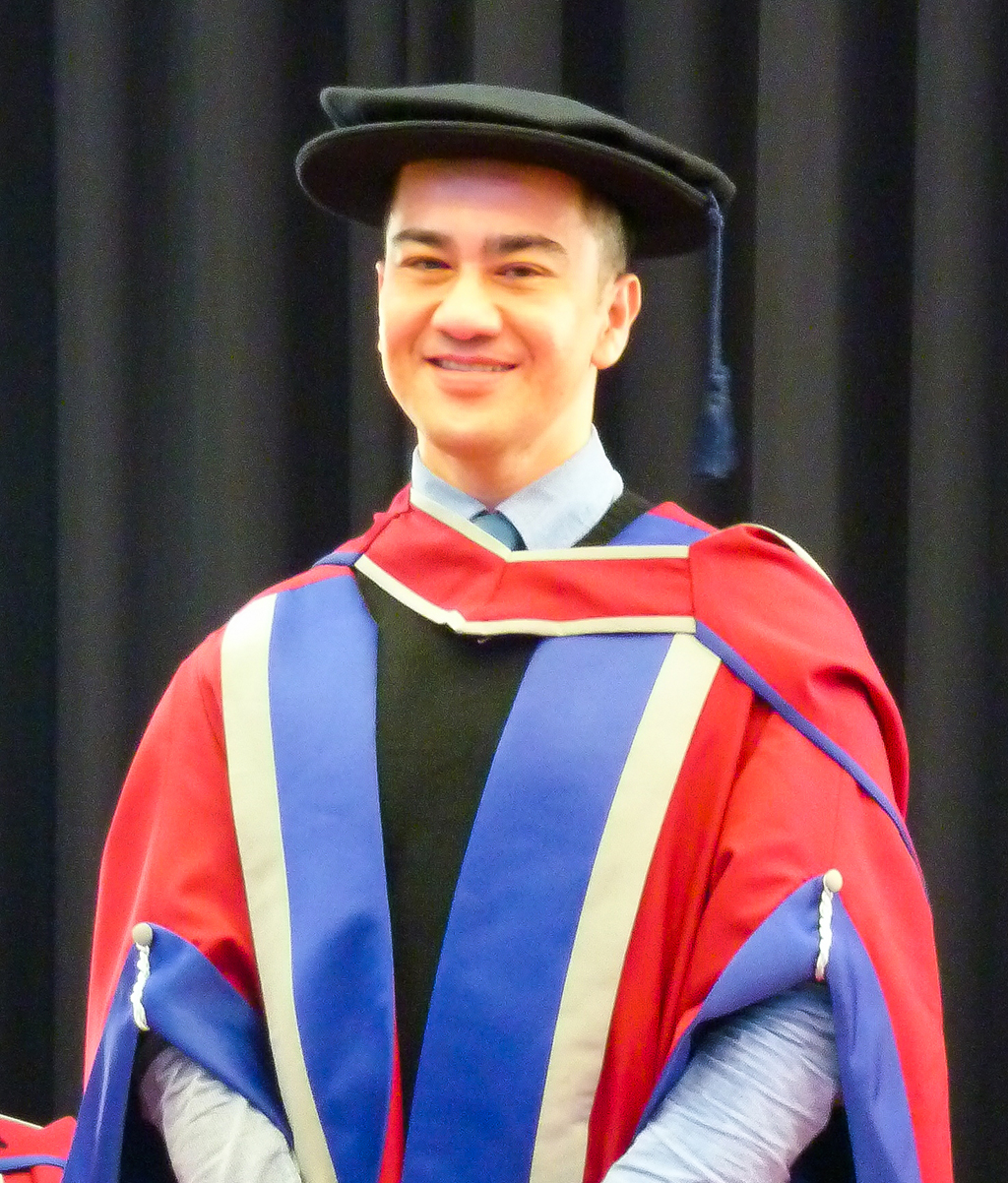
The best experience
Chef Zam counts his lucky stars for having the opportunity to experience the other outlets at the already established KL Hilton as well. “Most of the kitchen staff were seniors, so they had the patience to teach and nurture us. My favourite department was pastry. Trainees don’t get to decorate cakes for the cake counter, but because they could see my passion and interest, they let me try and I was able to do it.”
He fondly remembers being allowed into the chocolate room, where no other staff was allowed into. “I saw them tampering chocolate for the first time. I didn’t get to make any, but I got to eat lah. And I loved the chocolate room because it was cold. I think that’s partially why I like pastry, because other kitchens panas,” he laughs.
The young Zamzari returned to UITM for another semester of theory and practical. For his final two semesters, he was sent to Pelangi Beach Resort Langkawi and Hyatt Regency Kelantan. There, he was included in big events despite just being a trainee. “There was a German Chef and he taught me how to cook and carve meat. I was always placed at the buffet counter to carve because I would talk to people, they called me buffet punya PR. I enjoyed it!”
Chef Zam also recounts an embarrassing experience while he was clearing the buffet. “I angkat the mesen ais kacang, and the floor was wet. Jatuh! The Executive Chef came running. I was scared that I dropped it, plus malu some more. But when he came to me, he wasn’t angry, he was concerned. I remember that. He taught me how to work systematically, like when we have plated desserts for big events, how to be systematic, supaya tak kelam kabut.”
From scratch
Despite the challenges during his industrial placement, Chef Zam appreciates the fact that it gave him sufficient training to go out and work upon graduation. In KL Hilton especially, he also learned an invaluable lesson in preparing ingredients from scratch. “We didn’t use convenient products there. Everything was done from scratch. That is why my basic is strong.” He also applies this rule at this school, Silverspoon International College, “I forbid convenient products here. Mayonnaise semua buat sendiri.”
This is also why he believes classical training is important for those who want to become Chefs. “Convenient products are good, but at the same time, culinary schools should never ever use convenient products. The basics must first be instilled in students so they have a strong grip on the basics of classical cooking and how to do things from scratch. Once they’re done with that, then they can go ahead and use convenient products.”
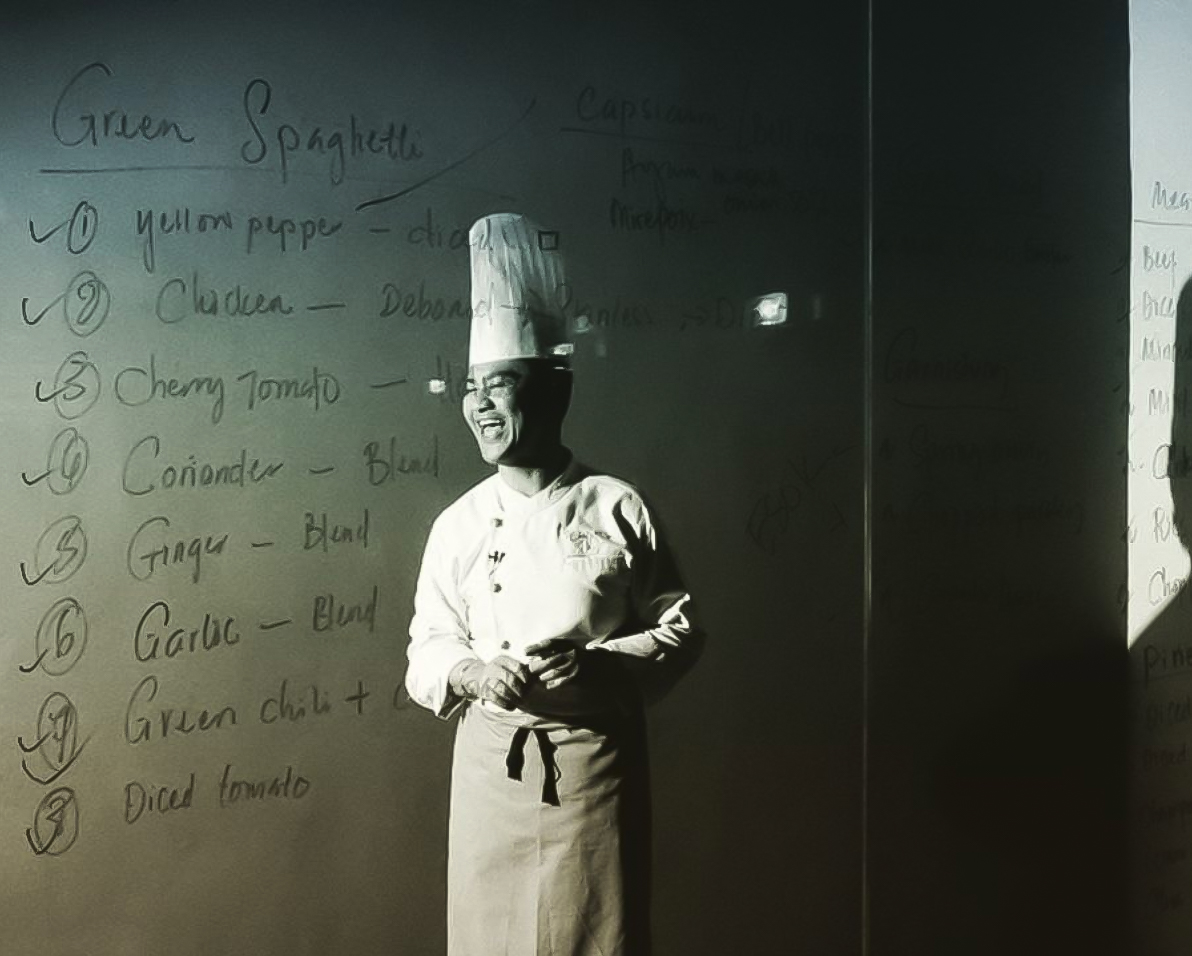
The basics must first be instilled in students so they have a strong grip on the basics of classical cooking and how to do things from scratch.
Besides strong basics, Chef Zam also believes in teaching his students to use their instincts in cooking. “Macam mak kita masak, mana ada sukat-sukat. If we teach using measurements, sometimes the ingredients you get is not the same.”
He also encourages does who are rethinking their career path and would like to go into the food and beverage industry to consider going to culinary school first before spending all their money in opening up a business. “Passion is very important, but so is knowledge. There are a lot of failures in the F&B business because it is not like running an office or law firm. In this industry you’re dealing with emotions most of the time, not only with the customers but also the staff.” He also strongly believes that restaurants owners must know how to cook properly, to avoid potential pitfalls and disagreements with hired Chefs.
Passion is very important, but so is knowledge. There are a lot of failures in the F&B business…
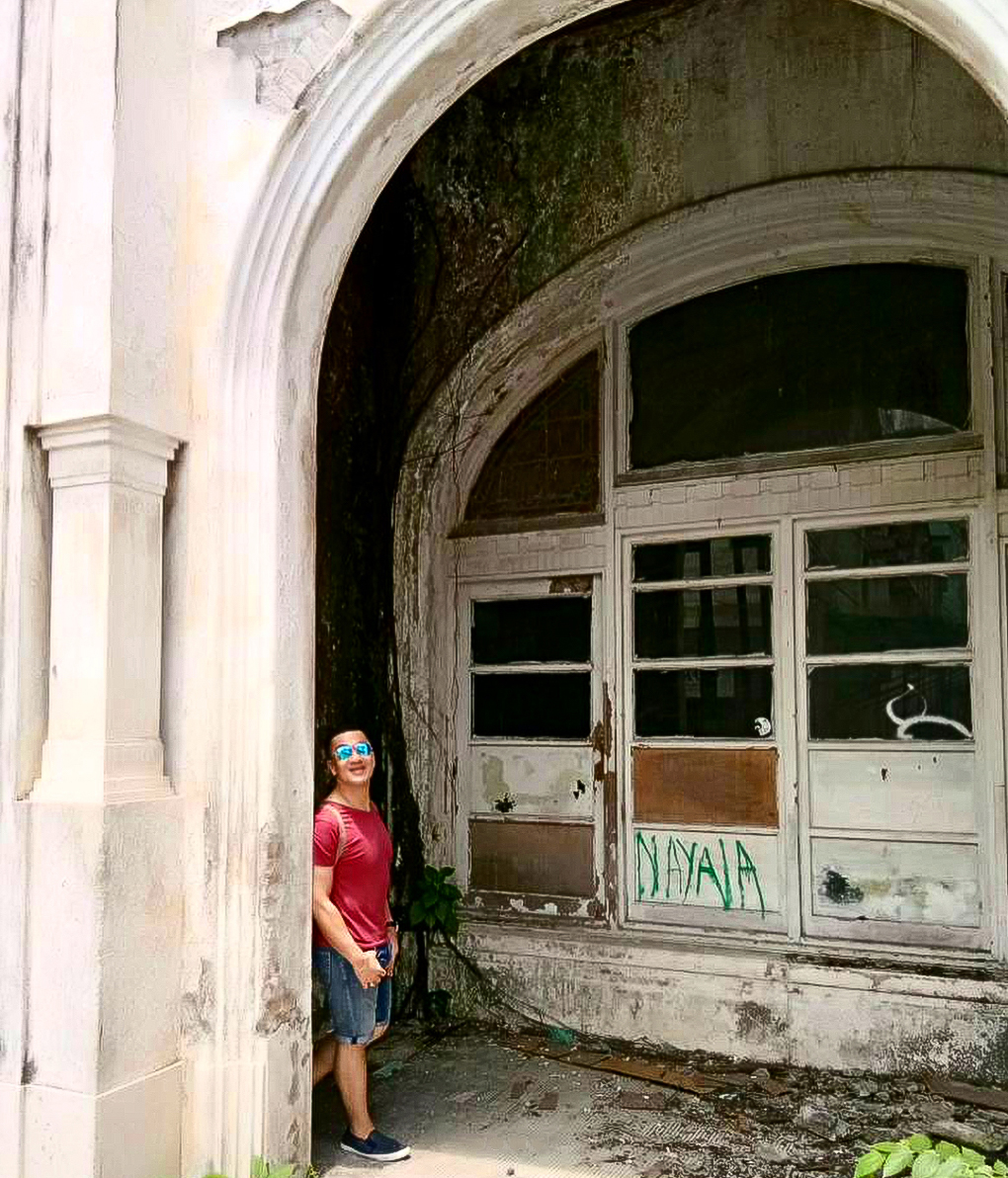
Post-school
After UITM, Chef Zam worked at a few hotels in Kuala Lumpur and Subang Jaya, including Holiday Villa and Swiss Garden. After slogging in the kitchen for a couple of years, he took a break from his culinary career and worked as a PR Executive in Sony Music. Deciding he wanted to teach, he called his former lecturer, Cik Rozita, who told him of a vacancy at Stamford Culinary School in Damansara KIM.
However, Zam only lasted two months. “The boss was driving me nuts, but maybe at that time I didn’t know how to handle myself jugak, being young.”
After Stamford, he went to work for ACIMC for one year, now known as Taylor’s. “I learned a lot even though the owner gave me hell. But, at the same time, I enjoyed working and teaching. Kena marah, nangis la, but I tahan. Taylor’s taught me to be meticulous, and I have the boss, Mr Michael Leong, to thank, because if it wasn’t for him, I wouldn’t have the eye for detail.”
Chef Zam resigned from Taylor’s to take up a MARA scholarship to further his studies in the US.
“When I came back I worked for KDU. I was so fierce. Outside, I was very close to my students, but in the classroom, I was toughest with those who were closest to me. They hated me, but they’re the ones who still keep in touch with me now, because they realized that me giving them hell shaped them to be where they are today.”

I was so fierce. Outside, I was very close to my students, but in the classroom, I was toughest with those who were closest to me.
After six years at KDU, Chef Zam received a scholarship from the University of West London to pursue his Masters. He took an unpaid leave for two years, then came back to KDU for another five years before starting his own college, Silverspoon, in 2010.
Chef Zam, the Professor
The young Zam enrolling in Chef’s Training because he felt more familiar with it compared to Secretarial Studies probably would not have expected his journey to lead him towards becoming a bona fide educator and Professor. His biggest encouragement came from his UITM lecturer, Professor Dr Haji Hamdin. “He was the one who really coached me and encouraged me to become who I am. He was a dedicated teacher and played a big role in my life by encouraging me to become a good student and he bothered to understand my traits, my skills, my knowledge, my theory.”
Another person Chef Zam credits is Professor David Foskett, whom he worked with while doing his Masters in London. “I could see his dedication and it’s really crazy. It’s all for the students. He’s a really selfless person. This is what I am trying to pass on to my staff, and eventually, my students.”
And while it may not seem immediately apparent, Professor Chef Zam is also an educator in Management subjects, including Strategic Management, Marketing, and Events Management. While he was still in KDU, a final project for his class in Events Operations, turned out to become Malaysia’s first Gastronomic Tourism Conference in 2008. “We invited brasses from the University of West London, TAFE Australia, as well the co-founders of the Asian Food Channel. We started with zero budget, but we got AFC to advertise it for free and Majalah Rasa became our official magazine.”
Words to live by
Chef Zam has a simple philosophy: “The more I do, the more I learn. Once I go through an experience, nobody can ever take it away from me. I don’t mind the mess, I don’t mind being penat. What I gain later is way better.”
The more I do, the more I learn.

This is also the same piece of knowledge he tries to impart on his students. “The more you do, the more you learn. Don’t take it as a burden. If you look at it as a burden, it will be a burden. If you look at it as an opportunity to learn, then you will enjoy doing it and you will learn something new.”
Chef Zam acknowledges there’s a big difference in the way culinary education is now, compared to when he first started. “We were not very exposed to culinary arts back then. I think kids nowadays are more fortunate because they’ve got better choices. Previously, culinary arts was the last option if you didn’t qualify to study anything else, jadi tukang masak je lah.”
While there are students who are genuinely interested in the culinary industry, Chef Zam also notes that there are those who go into culinary school for the wrong reasons. “There are parents who couldn’t do culinary arts back then, who now force their children into it. Also, nowadays, because of social media and TV shows, a lot of people are interested in culinary because they want the fame. They think, ‘Oh, I jadi Chef, nanti boleh jadi celebrity.”
Chef first, celebrity later
“I think of myself as a Chef first, then celebrity. I’m lucky enough that my job comes with fame and popularity, which I did not seek to begin with. I strongly believe that if you’re good at whatever you’re doing, fame will come after you. But if you’re chasing fame, that’s where you go wrong. If you start out memang niat nak jadi artist, nak jadi celebrity, you will be swallowed by the dream that could be impossible for you to achieve. Then you will be frustrated and drop out.”
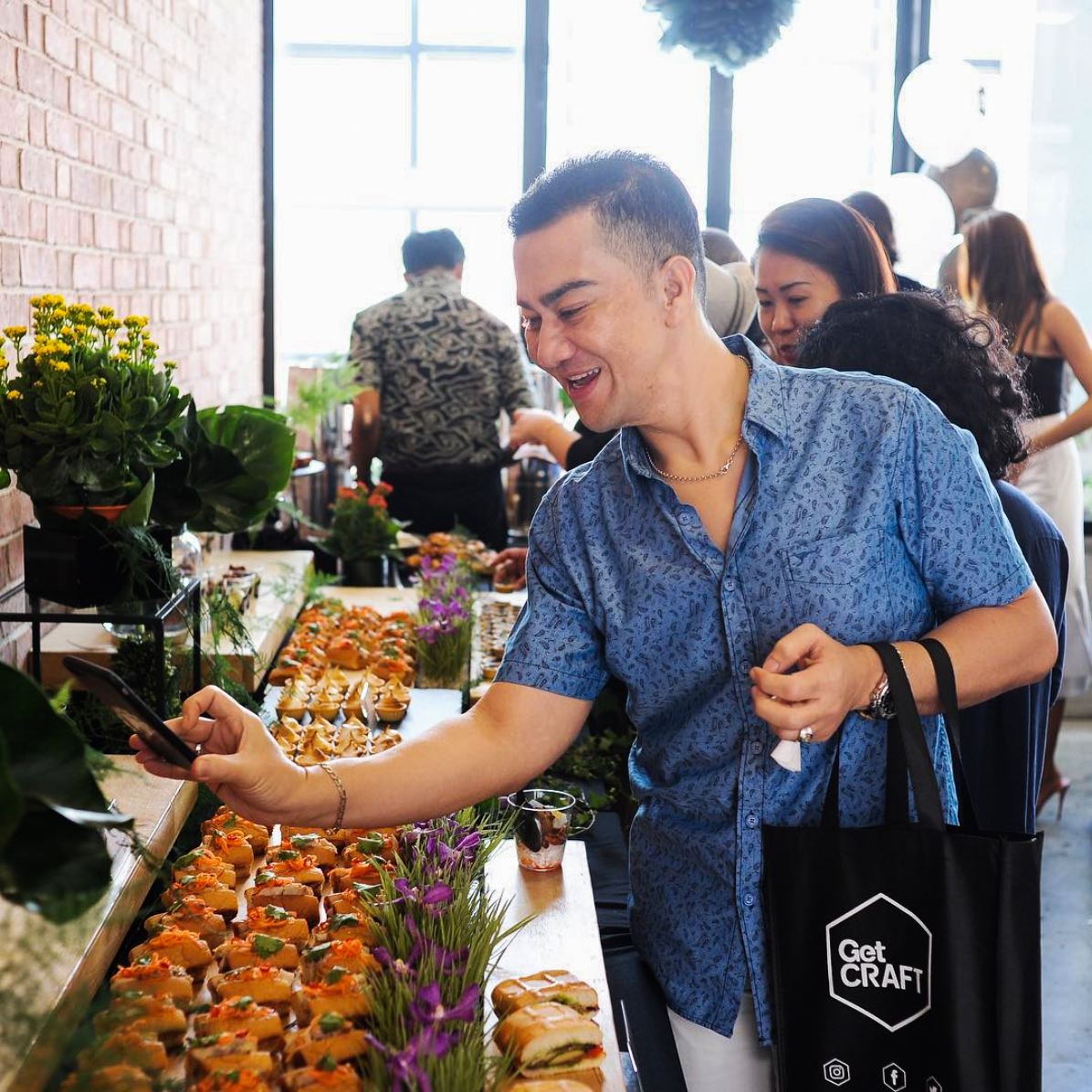
If you start out memang niat nak jadi artist, nak jadi celebrity, you will be swallowed by the dream that could be impossible for you to achieve.
He cites Gordon Ramsay as an example. “Gordon Ramsay didn’t become famous before he was a good Chef. He was a very good chef first, before he became famous.”
As for celebrity Chefs in Malaysia, Chef Zam has no issues with those who claim to be one, as long as they do not over claim their qualifications and experience, or put other people down. He is, however, frustrated at the liberal labelling of the title ‘Chef’ for anyone who appears on a TV cooking show. “That must be straightened out. It’s a title that needs to be earned.”
Celebrity or not, it’s clear this Professor and Chef is serious about teaching his students the basics and fundamentals of cooking right. And while he may be strict, the wisdom and lessons he imparts will stick to you forever. “It may not be beneficial to you now, but it will be beneficial for you in the long run. Maybe not be today, it might not be tomorrow. It could be next year or the next decade. Who knows? But you will use it again.”
It’s time to cook!
Besides imparting some wisdom and knowledge, Chef Zam kindly shared with us some recipes we’re pretty sure you’ll use again. Thank you for sitting down with us, and for sharing your thoughts, experiences and these delicious recipes with Butterkicap!
Photos courtesy of Chef Zam.

